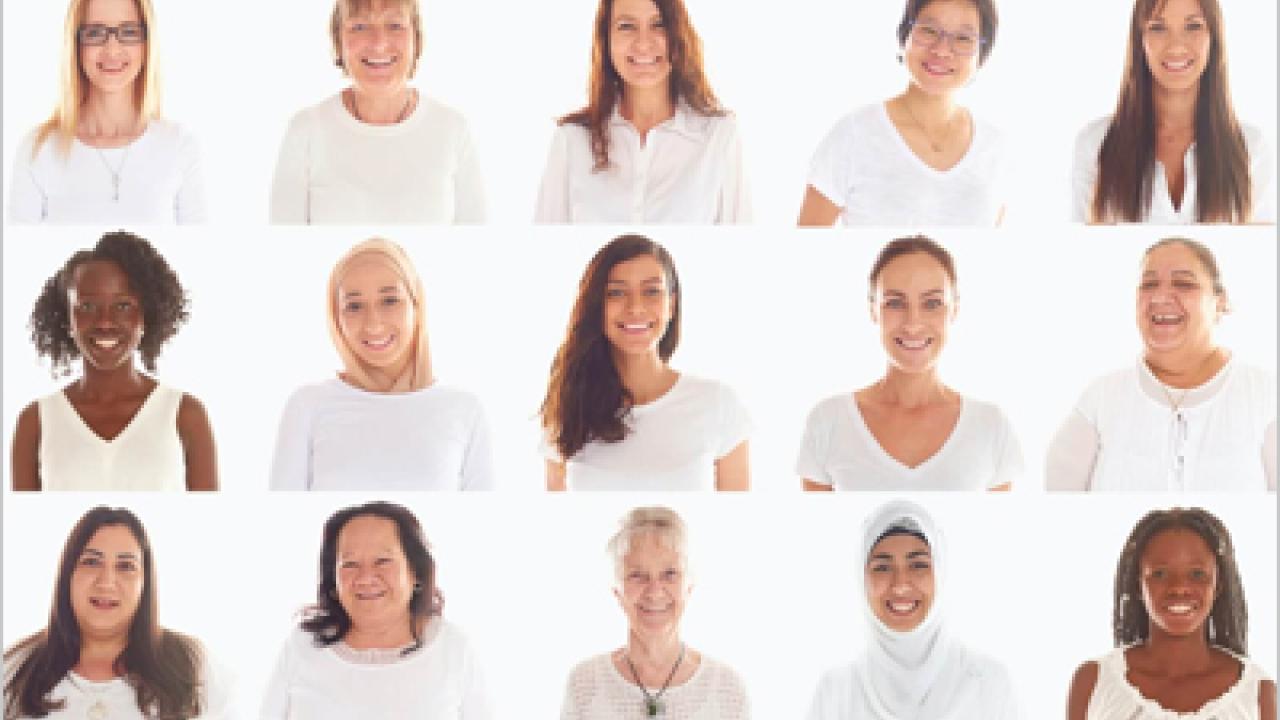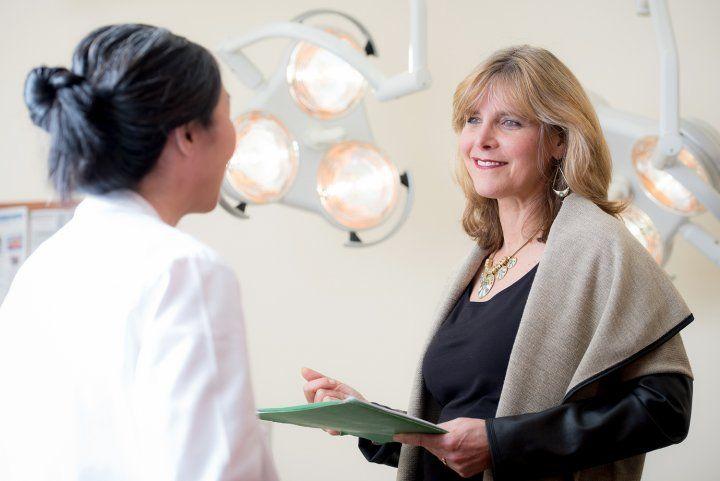
A novel UC San Francisco study that aims to transform breast cancer screening is expanding to reach women as young as 30, with the intention of including thousands of women who could be at higher risk of developing aggressive cancer.
The expanded study, known as WISDOM 2.0, is testing a personalized approach that replaces the standard annual mammogram with recommended screening schedules based on personal risk factors, such as age, genetics, lifestyle, health history and breast density. It expects to start enrolling women ages 30 to 40 as early as this summer, while also expanding its genetic testing capacity for the most aggressive cancers.

“We want to test smarter, not test more,” said Laura Esserman, MD, MBA, director of the UCSF Breast Care Center and the study’s leader. “Over the last 30 years, we’ve learned that breast cancer is not just one disease. We’ve also learned that women’s risks for developing each type of breast cancer varies.”
Esserman launched the WISDOM study in 2016 with the goal of leveraging the best tools in modern medicine to determine who is at highest risk and may benefit from more screening, who can safely have fewer screenings, and whether a personalized approach leads to better breast cancer outcomes than standard screening.
While breast cancer deaths have declined in recent years, it remains the second-leading cause of cancer death for women, with more than 40,000 women dying from the disease each year. Women of color have disproportionately higher rates of the most aggressive breast cancers and also higher breast cancer mortality rates. Yet most screening guidelines are the same for everyone: begin annual mammograms at age 40 and continue until 75.
“When it comes to breast screening, one size may not fit all,” said Esserman, who co-leads the UCSF Breast Oncology Program.
“We know that Black women have more aggressive cancers and higher mortality rates from cancer than others, and we are working to change that,” she said. “Reducing health disparities is part of our mission so that someday all women can live longer, healthier lives.”